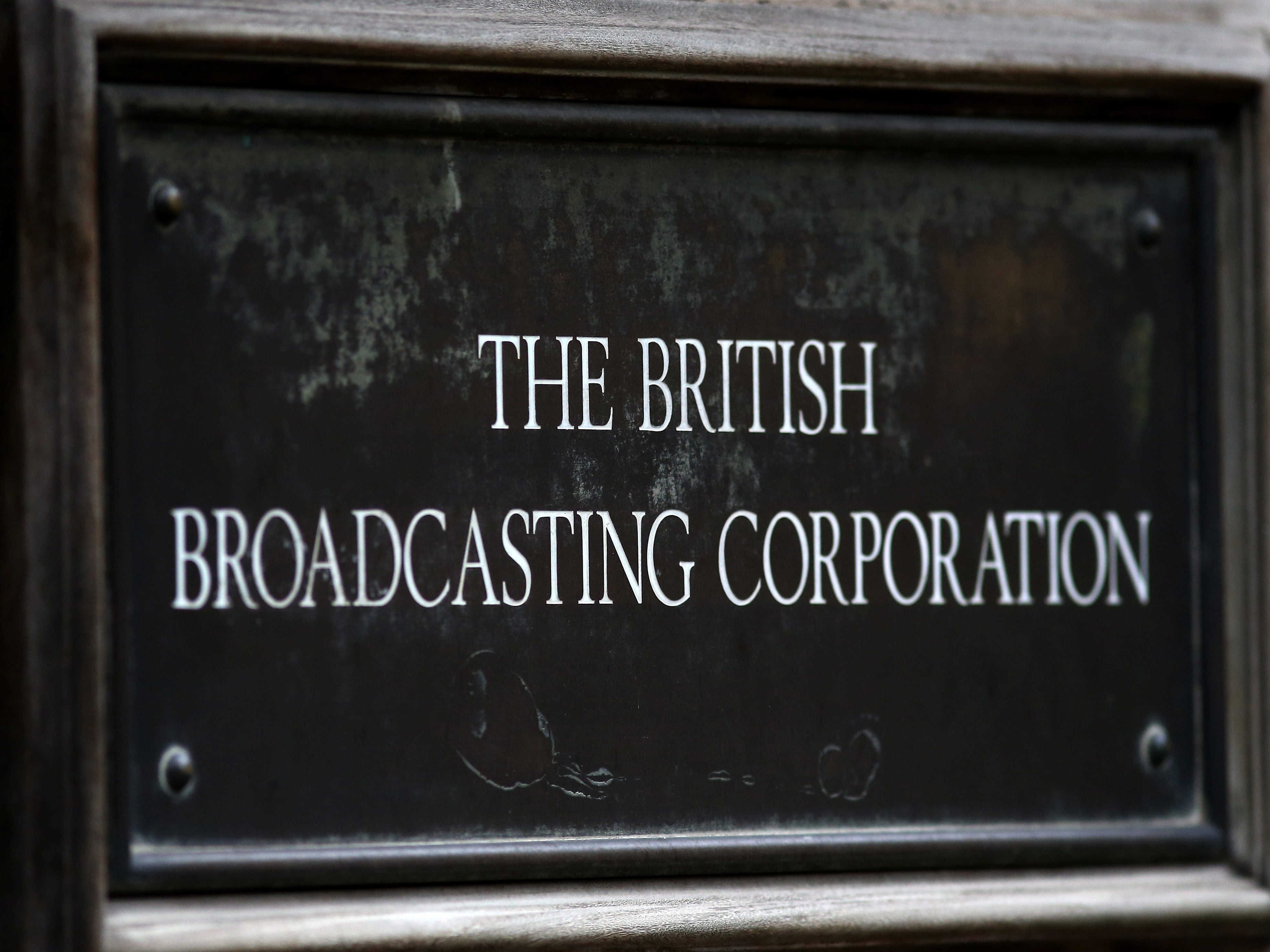
A new archive of BBC interviews and documents has revealed the corporation’s role in secret activities during the Second World War, including sending coded messages to help European resistance fighters.
The collection, released by BBC History today, includes a clip confirming details of an operation to replace the live Big Ben chimes with a recorded version in the event of an air attack, to ensure the Germans did not know their planes were over Westminster.
The archives also validate the claim that the BBC’s Alexandra Palace transmitters were used as part of an RAF operation to distort the navigating system of Luftwaffe bombers.
For the first time, a previously unheard account gives an insight into the secret process of playing certain music at the end of news bulletins – the choice of records giving orders or information to resistance groups in Poland.
It involved Polish government representatives turning up, and using the codename “Peter Peterkin”, to provide programme staff with a particular piece of music. BBC staff would arrange for the Polish news to run for a shorter length of time than usual, so that the record could be played.
Other items released include interviews on the bombing of Broadcasting House and inside accounts of life under siege at the BBC during the Blitz.
David Hendy, curator of the collection and professor of media and cultural history at the University of Sussex, said the archive release is “a really important piece of social history, giving us intriguing and – until now – entirely unheard ‘inside’ accounts of the BBC’s wartime role”.
He said: “It also confirms for the first time several fascinating details of BBC’s role in wartime activities and as a morale-booster in the fight against fascism, along with interviews and documents about events and programmes that remain a huge part of the popular memory of World War Two.”
Picture: Reuters/Neil Hall
Email pged@pressgazette.co.uk to point out mistakes, provide story tips or send in a letter for publication on our "Letters Page" blog






